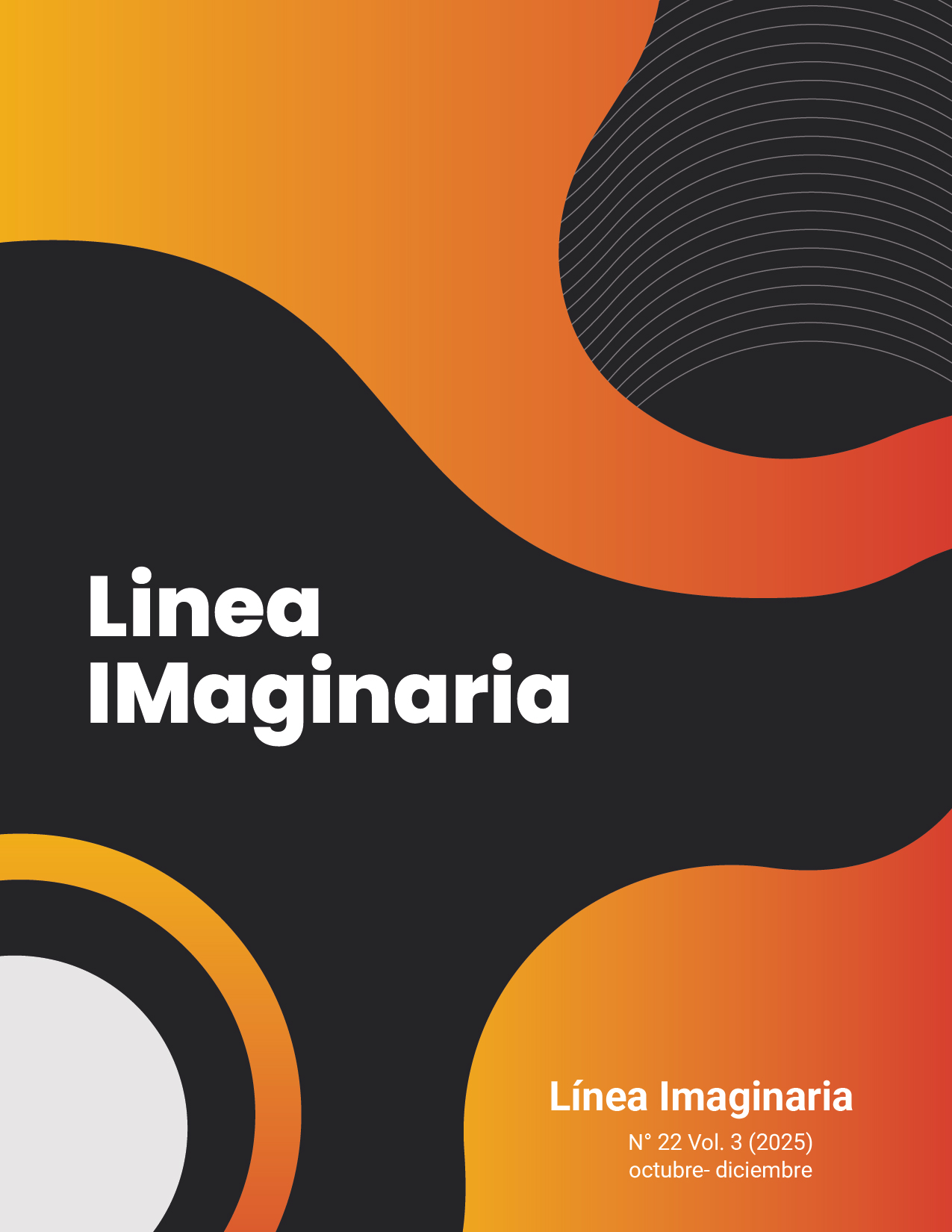MNEMOSINE PROJECT AS A COMMITMENT TO PEACE EDUCATION
DOI:
https://doi.org/10.56219/lneaimaginaria.v3i22.4634Keywords:
Peace Chair, education, violence in Colombia, historical memory, MNEMOSINE projectAbstract
This theoretical approach presents a perspective on the classroom as a pivotal space for teaching historical memory and the "Cátedra para la Paz" (Peace Chair), both essential for developing civic competencies among students and the broader community. It delves into the legal frameworks that support cross-curricular projects integrating social sciences with other areas of knowledge. In this context, the significant contribution of the Peace Agreements between the Colombian state and armed groups outside the law is highlighted, as this alliance unveils elements that benefit and reinforce the process aimed at fostering peace in the country. This scenario transforms the way Social Sciences are taught, or at least prompts a call to incorporate dialogue into the curriculum. Simultaneously, it emphasizes methods that build the nation through education, laying the foundation for culture and the forms of struggle of teachers who, day by day, educate the children and grandchildren of victims of senseless violence that claimed the lives of thousands of women and men, who for years and decades were merely statistics. As a result, the MNEMOSINE Project, implemented at the Quebrada de Becerras Rural Educational Institution in the city of Duitama, is analyzed. This project has transcended borders, calling for memory, truth, justice, and reparation. It is conducted using a content analysis methodology through the interpretative paradigm and hermeneutic guidelines. In conclusion, the aim is to analyze the pedagogical implications of this project for peacebuilding from the classroom.
Downloads
References
a. C. Paz. (12 De 11 De 2016). Acuerdo Final Para La Terminación Del Conflicto Y La Construcción De Una Paz Estable Y Duradera. Obtenido De Alto Comsionado Para La Paz: Http://Www. Altocomisionadoparalapaz. Gov. Co/Procesos-Y-Conversaciones/Documentos% 20compartidos/24-11-2016nuevoacuerdofinal. Pdf.
C. P. De Colombia. (1991). Constitución Política De La República De Colombia. Bogotá: Gaceta Constitucional.
Congreso De Colombia. (1 De 09 De 2014). Función Pública. Obtenido De Ley 1732 De 2014: Https://Www.Funcionpublica.Gov.Co/Eva/Gestornormativo/Norma.Php?I=59313#:~:Text=Con%20el%20fin%20de%20garantizar,Par%C3%A1grafo%201%C2%B0.
Congreso De La República De Colombia. (1994). Función Pública. Obtenido De Ley 115 General De Educación: Https://Www.Funcionpublica.Gov.Co/Eva/Gestornormativo/Norma.Php?I=292#72
Congreso De La República De Colombia. (15 De 03 De 2013). Función Pública. Obtenido De Ley 1620 De 2013: Https://Www.Funcionpublica.Gov.Co/Eva/Gestornormativo/Norma.Php?I=52287#0
Corporación Mixta Para La Investigación Y Desarrollo De La Educación - Corpoeducación. (2017). Cuarto Capítulo: Duitama - Boyacá. En M. Pineda, Educar Para La Paz. Apuestas De Los Docentes Para Construis País (Págs. 80-113). Corpoeducaicón.
Indepaz. (27 De 06 De 2024). Instituto De Estudios Para El Desarrollo Y La Paz. Obtenido De Https://Indepaz.Org.Co/Informe-De-Masacres-En-Colombia-Durante-El-2020-2021/Comment-Page-4/
Jep. (29 De 07 De 2024). Obtenido De Jurisdicción Especial Para La Paz: Https://Www.Jep.Gov.Co/Jep/Paginas/Jurisdiccion-Especial-Para-La-Paz.Aspx
Pineda, M. (2017). Ie.Quebrada De Becerras Duitama. Mnemósine: Proyecto Ganador Foro Educativo 2017. Audiovisual. Obtenido De Https://Www.Youtube.Com/Watch?V=Nn1bk9h-Hye
Presidencia De La República. (11 De 10 De 2013). Función Pública. Obtenido De Decreto 1965 De 2013: Https://Www.Funcionpublica.Gov.Co/Eva/Gestornormativo/Norma.Php?I=54537#0
Presidencia De La República De Colombia. (25 De 05 De 2015). Función Pública. Obtenido De Decreto 1038 De 2015: Https://Www.Funcionpublica.Gov.Co/Eva/Gestornormativo/Norma.Php?I=61735
Sindici, O., Nuñez, R., & Contreras, R. (1947). Himno Nacional De Colombia. Centro- Instituto Gráfico.
Downloads
Published
How to Cite
Issue
Section
License

This work is licensed under a Creative Commons Attribution-NonCommercial-ShareAlike 4.0 International License.
La revista Línea Imaginaria conserva los derechos patrimoniales (copyright) de las obras publicadas, que favorece y permite la reutilización de los mismos bajo la licencia Creative Commons Atribución-NoComercial-CompartirIgual 4.0 , por lo cual se pueden copiar, usar, difundir, transmitir y exponer públicamente, siempre que se cite la autoría y fuente original de su publicación (revista, editorial, URL y DOI de la obra), no se usen para fines comerciales u onerosos y se mencione la existencia y especificaciones de esta licencia de uso. Si remezcla, transforma o crea a partir del material, debe distribuir su contribución bajo la misma licencia del original.













